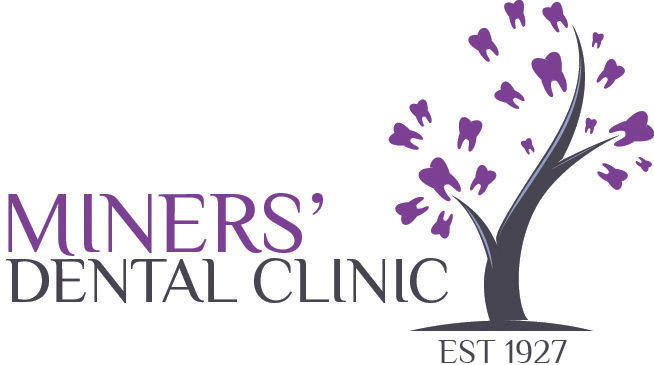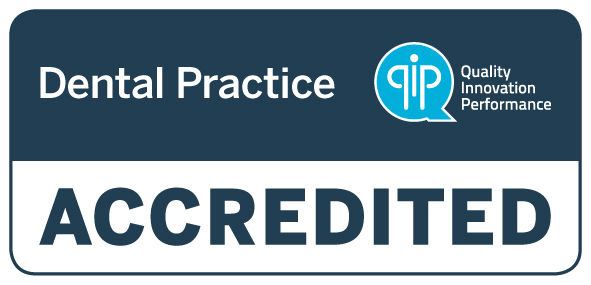When it comes to assessing our health, we often think of traditional methods such as taking our temperature, measuring our blood pressure, or undergoing medical tests. However, there's another remarkable diagnostic tool that lies right inside our mouths: our tongue.
Beyond its role in tasting and swallowing food, the tongue can provide surprising insights into our overall health. It acts as a mirror that reflects various underlying conditions and imbalances within our bodies.
In this blog, we will explore the fascinating world of tongue analysis and discover what our tongue can tell us about our health. From color changes to texture variations, let's unlock the secrets that lie on the surface of our tongues and gain a deeper understanding of our well-being.
The Tongue-Body Connection: Understanding the Relationship between Tongue Health and Systemic Conditions
The tongue-body connection refers to the relationship between the health of the tongue and its potential reflection of systemic conditions in the body. Various systemic health issues can manifest through changes in the appearance, color, texture, and coating of the tongue. While the tongue alone cannot provide a conclusive diagnosis, it can offer valuable clues to underlying health conditions. Here are some examples:
? Nutritional deficiencies: Deficiencies in certain vitamins and minerals can manifest as changes in the tongue. For instance, a pale tongue may indicate iron or vitamin B12 deficiency, while a smooth tongue may be associated with a lack of vitamin B12, folic acid, or iron.
? Digestive disorders: The tongue can reflect gastrointestinal health. A coated or white tongue may indicate poor digestion, malabsorption, or an imbalance in gut flora. Additionally, conditions like acid reflux or gastritis can cause a red, irritated tongue.
? Autoimmune diseases: Certain autoimmune conditions can manifest with tongue abnormalities. For example, a swollen, scalloped tongue may be associated with autoimmune conditions like lupus or Sj�gren's syndrome.
? Diabetes: Individuals with poorly controlled diabetes may experience a condition known as "diabetic tongue." This condition can cause a burning sensation, dryness, and changes in taste.
? Oral infections: Oral infections like thrush (caused by Candida yeast) can result in a white, creamy coating on the tongue. It can occur in individuals with weakened immune systems or those taking antibiotics.
? Cardiovascular issues: In some cases, a persistent red or bluish tongue may suggest cardiovascular problems or poor circulation.
It is important to remember that tongue changes are not definitive diagnostic indicators on their own. They should be considered in conjunction with other symptoms, medical history, and professional evaluation by a healthcare provider.
If you notice significant or persistent tongue changes, it is recommended to seek medical advice for proper diagnosis and treatment.
Tongue Sensations: Uncovering the Meaning Behind Tingling, Burning, and Numbness
Tongue sensations like tingling, burning, and numbness can be concerning, and understanding their potential causes is important. Here are some common reasons behind these sensations:
Tingling or numbness
? Vitamin deficiencies: Deficiencies in vitamins B12, B6, or folate can cause tingling or numbness in the tongue and other parts of the body.
? Nerve damage: Trauma, injury, or certain medical conditions like multiple sclerosis or neuropathy can lead to nerve damage, resulting in tingling or numbness.
? Allergic reactions: In some cases, allergic reactions to certain foods, medications, or environmental factors can cause tongue tingling or swelling.
? Oral infections: Infections like oral thrush or cold sores can cause tingling or numbness in the tongue.
? Temporomandibular joint (TMJ) disorder: TMJ issues can cause referred sensations like tingling or numbness in the tongue due to the proximity of the jaw joint to the tongue nerves.
Burning sensation (burning tongue syndrome)
? Oral conditions: Conditions such as oral thrush, geographic tongue, or glossitis (inflammation of the tongue) can cause a burning sensation.
? Dry mouth: Insufficient saliva production, often caused by medication side effects or certain medical conditions, can result in a burning sensation in the tongue.
? Nutritional deficiencies: Deficiencies in iron, zinc, or certain B vitamins can contribute to a burning sensation in the tongue.
? Acid reflux: Gastroesophageal reflux disease (GERD) can cause stomach acid to reach the mouth, leading to a burning sensation on the tongue.
? Hormonal changes: Some women may experience a burning sensation in the tongue during menopause or hormonal fluctuations.
It's important to consult a healthcare professional if you experience persistent or severe tongue sensations. They can evaluate your specific symptoms, medical history, and perform necessary tests to determine the underlying cause. Treatment options may include addressing nutritional deficiencies, managing underlying medical conditions, prescribing medication, or recommending lifestyle modifications to alleviate symptoms.
What Happens in A Dentist Tongue Examination?
During a dentist's tongue examination, they will carefully inspect the tongue's appearance, texture, color, and any visible abnormalities or changes. Here's what typically happens during a dentist's tongue examination:
? Visual inspection: The dentist will visually examine your tongue while you stick it out. They will look for any signs of discoloration, coating, bumps, ulcers, swelling, or other abnormal features on the surface of the tongue. They may use a bright light and dental mirror to get a clearer view.
? Palpation: The dentist may gently palpate the tongue using gloved hands or a tongue depressor. This helps them feel for any lumps, tenderness, or abnormal textures that may not be immediately visible. Palpation can provide additional information about the tongue's condition.
? Comprehensive assessment: The dentist will assess the tongue's overall health in relation to your oral cavity. They will consider factors such as oral hygiene, the presence of dental plaque or tartar, and the condition of other oral structures like the gums, teeth, and mucous membranes. This assessment helps determine if there are any signs of oral health problems or potential underlying systemic conditions.
? Documentation and record-keeping: The dentist may take notes or photographs of any notable findings or abnormalities observed during the tongue examination. This documentation serves as a reference for future visits and allows for tracking changes or monitoring any concerns over time.
? Discussion and recommendations: After the examination, the dentist will discuss their findings with you. They may explain the normal appearance of your tongue and address any concerns or questions you have about its health. If any issues or abnormalities are detected, the dentist will provide appropriate recommendations for further evaluation or treatment, which may involve referral to a specialist if necessary.
It's important to note that a dentist's tongue examination is a part of a comprehensive oral examination. They consider the tongue's health in conjunction with other oral structures to provide a holistic assessment of your oral health. Regular dental visits, including tongue examinations, are vital for maintaining oral health and identifying any potential issues early on.
Visit Miners Dental Clinic today to learn more!


